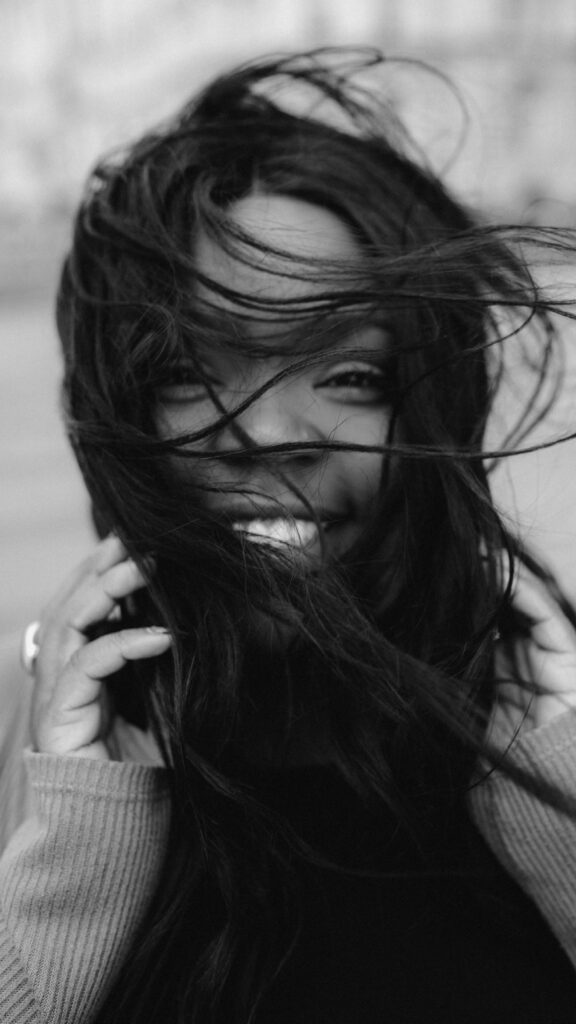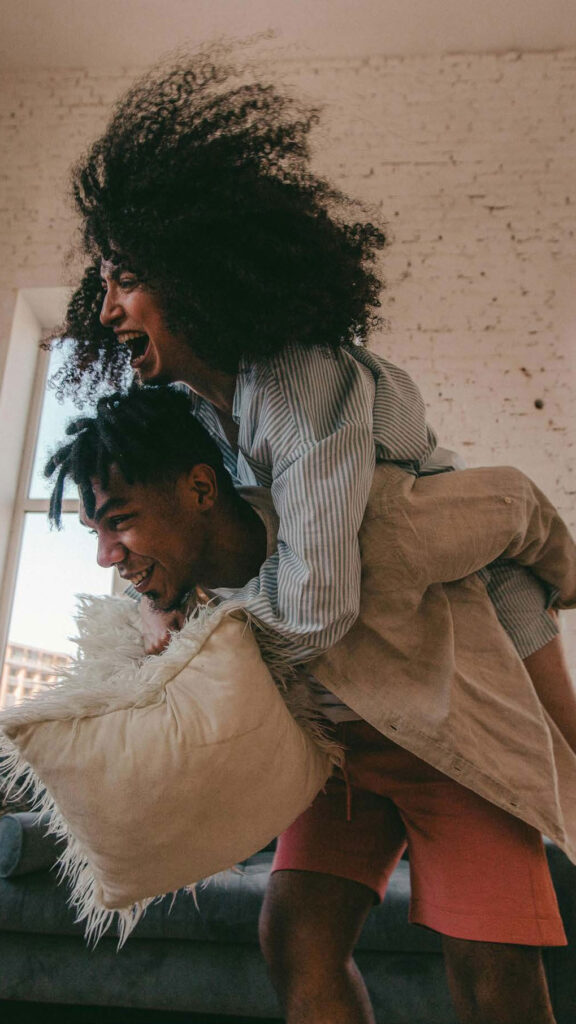
Long hair don’t care, or short hair don’t care? Hair has been a symbol of beauty, femininity and our identity celebrated across centuries, with fairy tales often portraying a damsel in distress with cascading locks that captivates Prince Charming. Take a trip to the salon, and you will be intrigued about the relationship between fairy tales and men’s preference for long hair in women, exploring how these stories influence societal perceptions and personal preferences.
Growing up, we often saw women in fairy tales such as Cinderella, Beauty & The Beast or Sleeping Beauty play a significant role in shaping the cultural norms and ideals that have presented the archetypal characters and narratives that resonate deeply with audiences. One common motif found in numerous tales is the image of the princess with long, flowing hair… have you guessed it? If you said Rapunzel, you are right. We all know the famous line. Rapunzel, Rapunzel, let down your hair……
These tales not only entertain but also serve as a powerful medium that weaves fiction into reality, which helps to convey societal values and expectations. The portrayal of long hair as a symbol of beauty, virtue, and desirability in fairy tales, solidifies the idea that women with long flowing hair are worthy of admiration and affection. In recent years, we have seen the explosion of the hair extension industry, and it has seen the popularity request for long wigs with a similarity to the character of Rapunzel.

The impact of fairy tales on men’s preference for long hair on women can be attributed to various psychological factors as well. From a young age, individuals are exposed to these stories, imprinting upon them certain ideals of beauty standards and attractiveness.
Studies have suggested that exposure to physical traits in fictional characters can influence one’s preferences in choosing a real-life partner. Social media and entertainment have further solidified these influences and preferences. Therefore, men who grow up immersed in tales of princesses with long hair may develop a subconscious preference for women with similar attributes. Or even growing up with sisters who have forced them to play Barbie, or, as I call her, “The Perfect Wife”, from her head to her toes, pure perfection. Who wouldn’t want to be her Ken?
Furthermore, fairy tales often depict long-haired heroines as damsels in distress or objects of desire, further reinforcing the notion that femininity and beauty are intertwined with long hair. This association can shape men’s perceptions of attractiveness and influence their romantic preferences.
Looking beyond the realm of psychology, the preference for long hair in women also has cultural significance. In many cultures around the world, long hair is traditionally associated with femininity, vitality, and health. Women are often encouraged to maintain long hair as a symbol of their femininity and beauty.

 2 months ago
15
2 months ago
15
 English (US) ·
English (US) ·